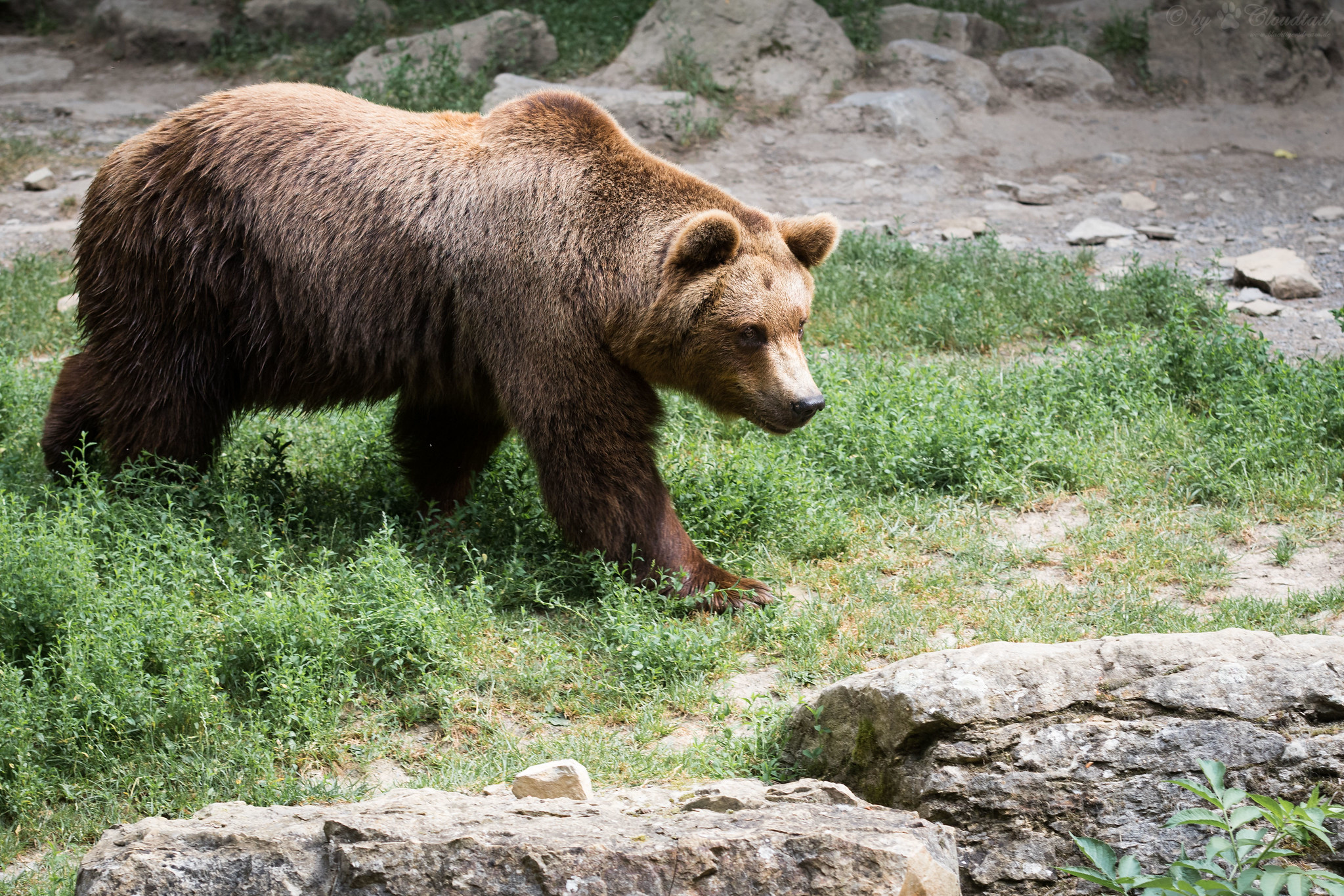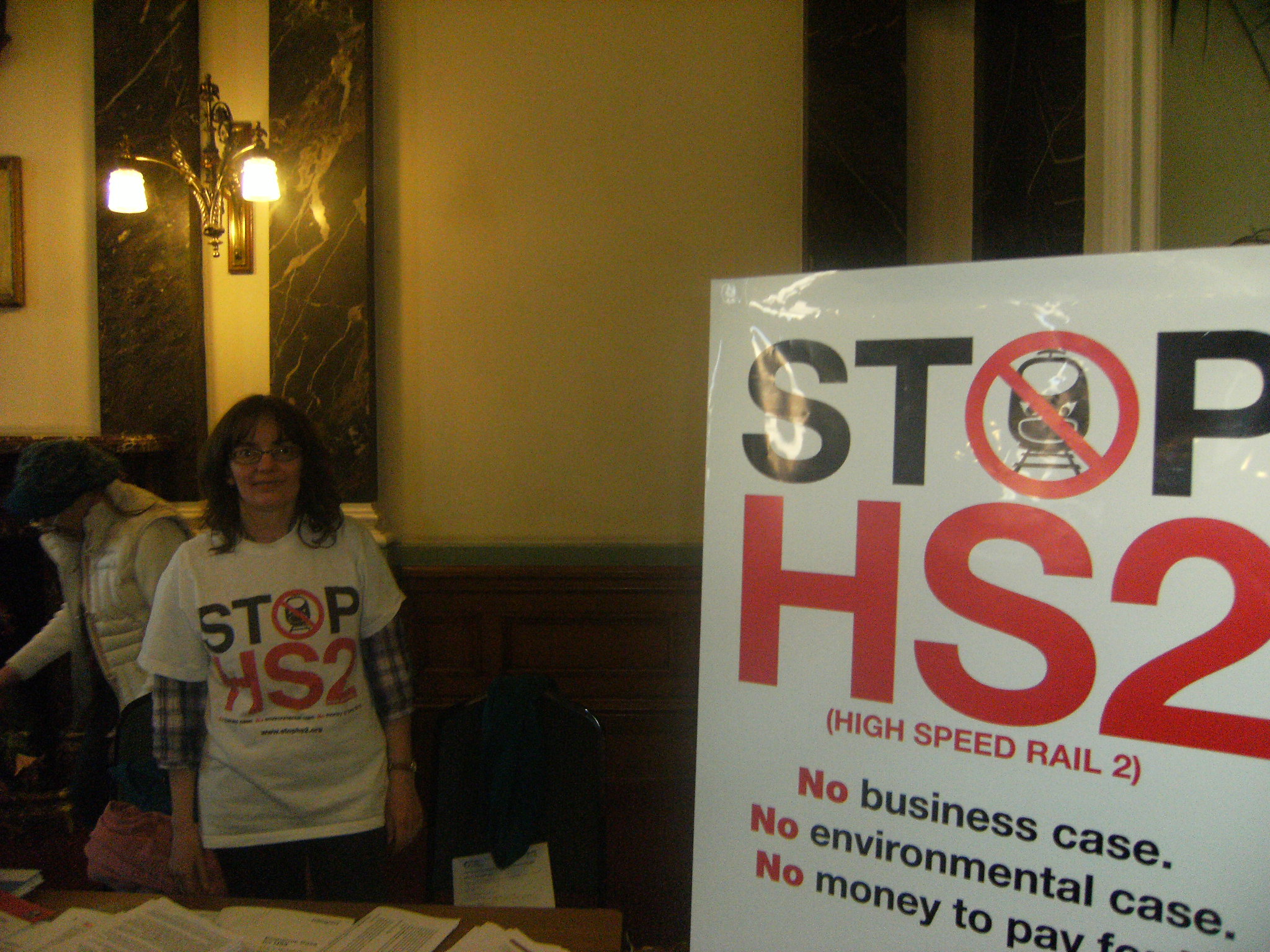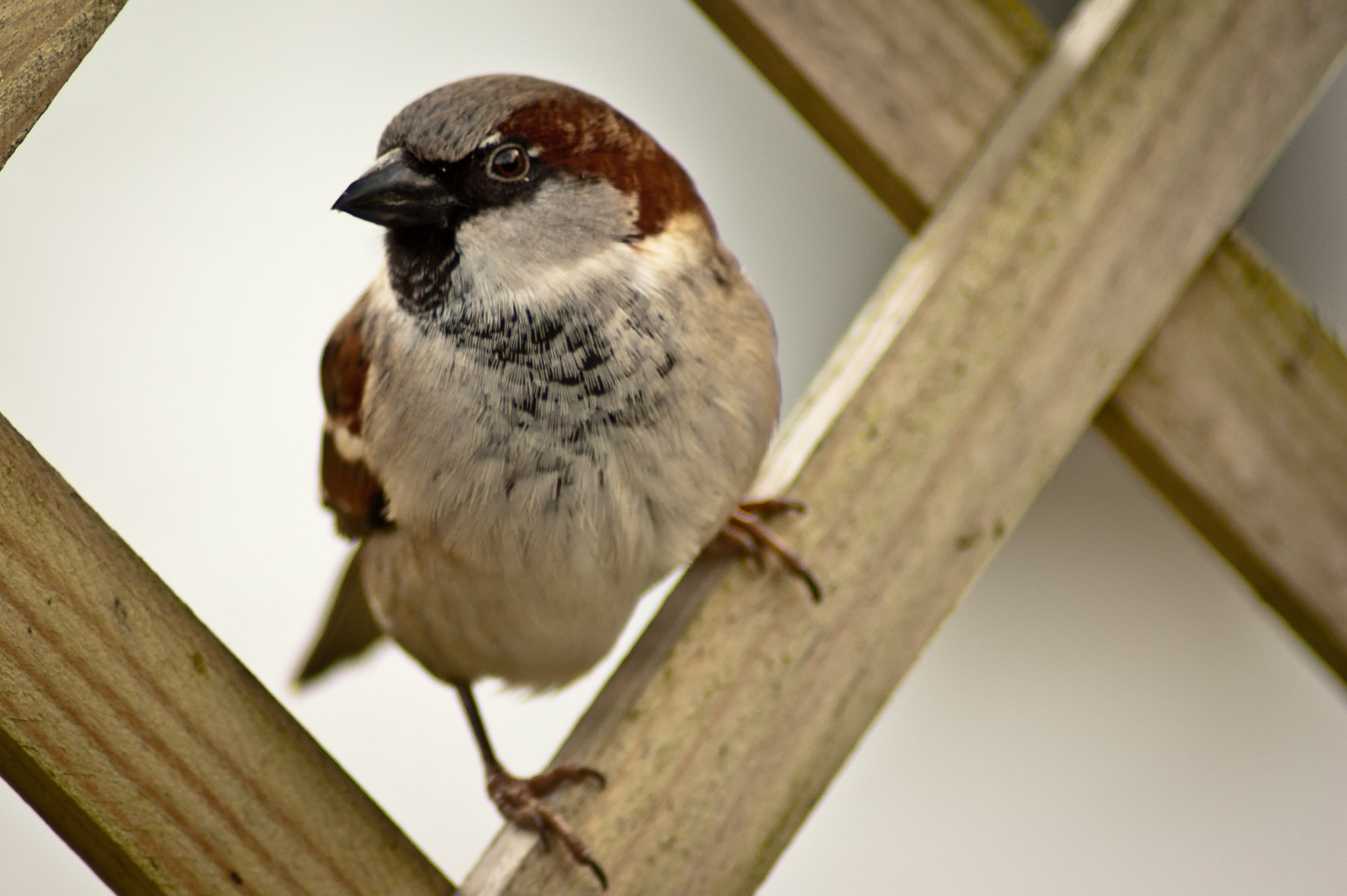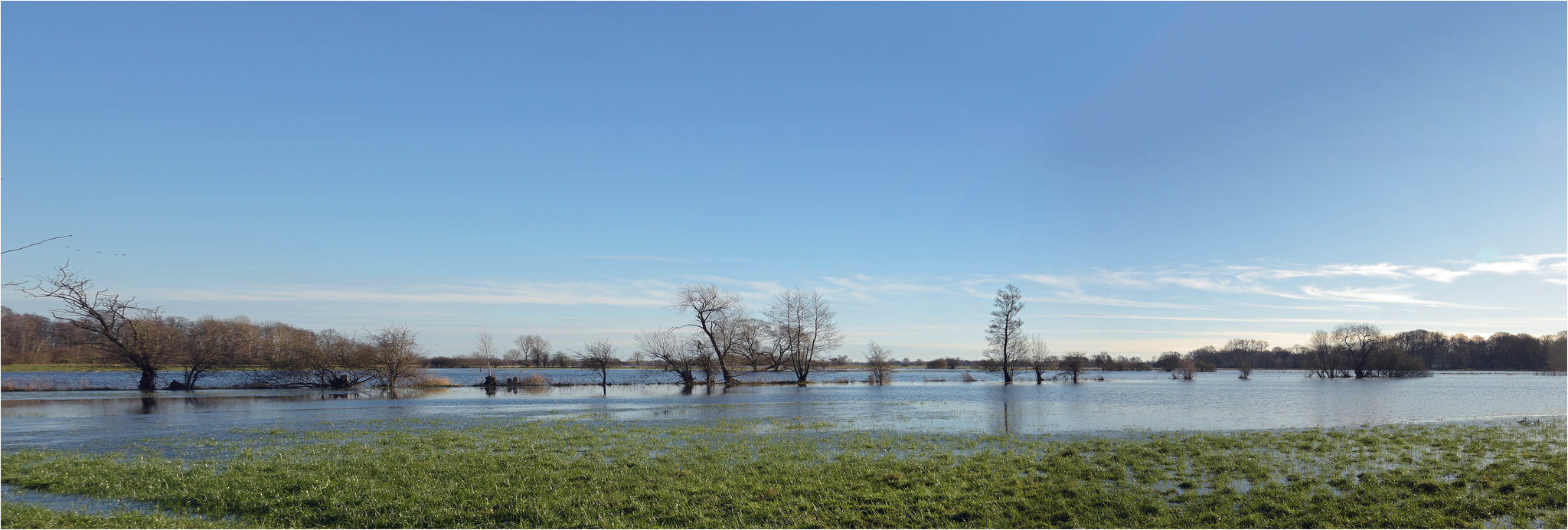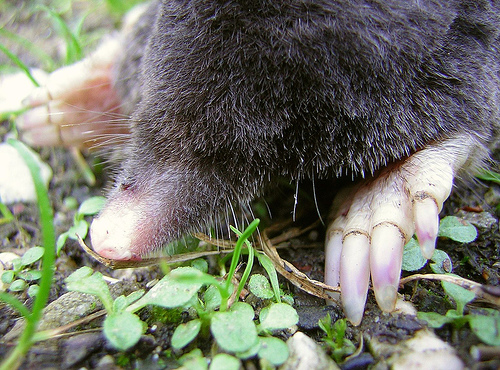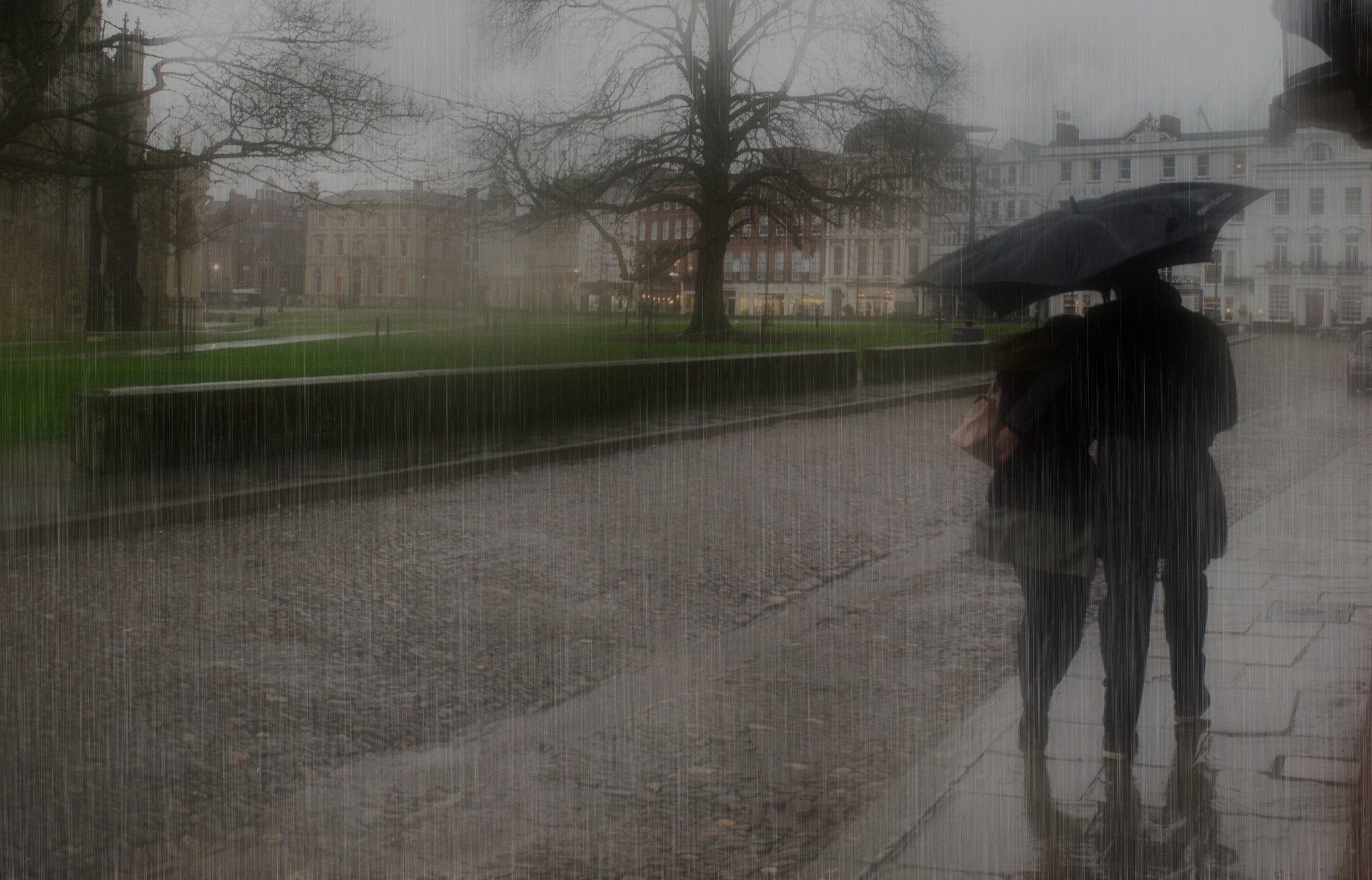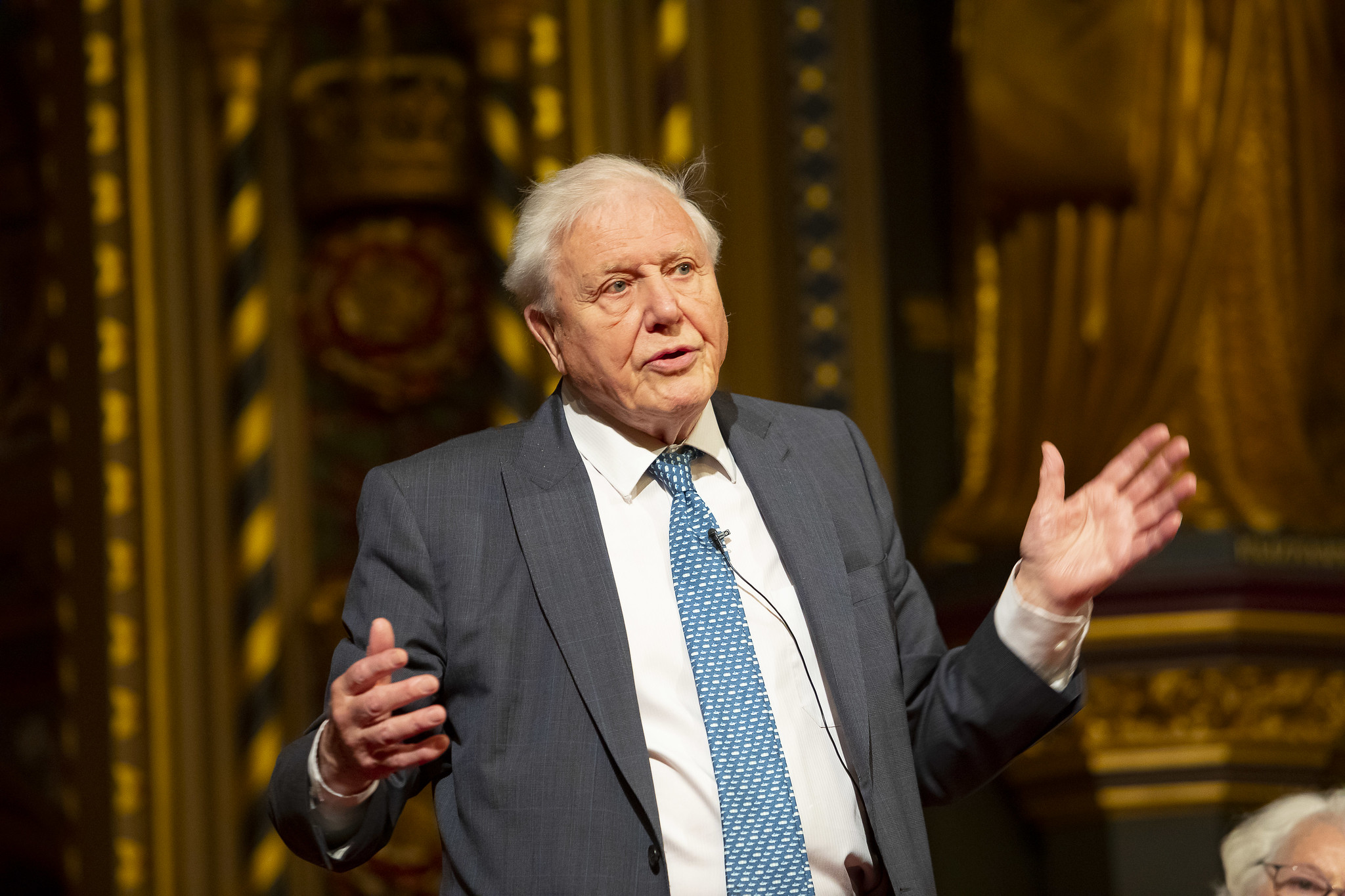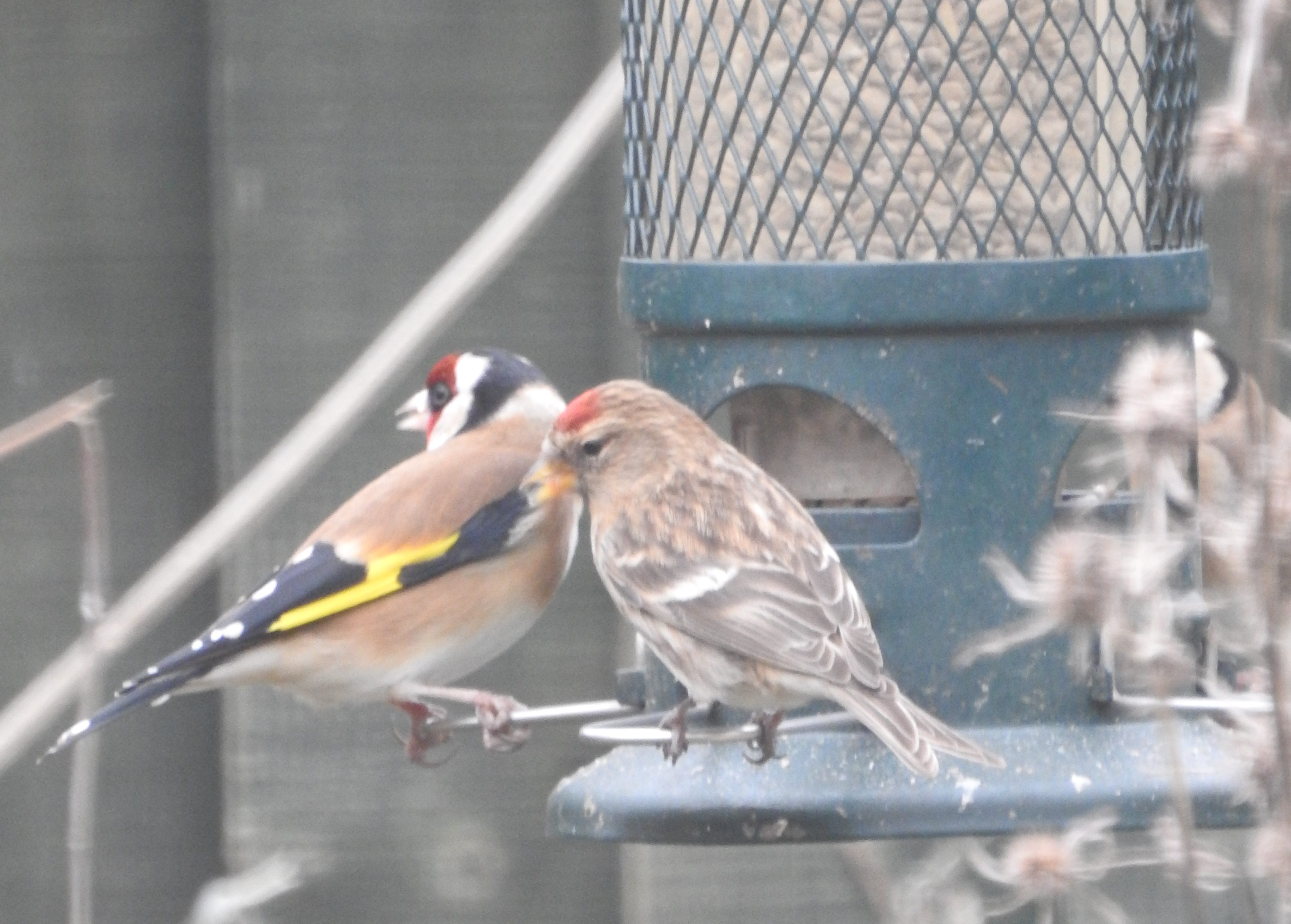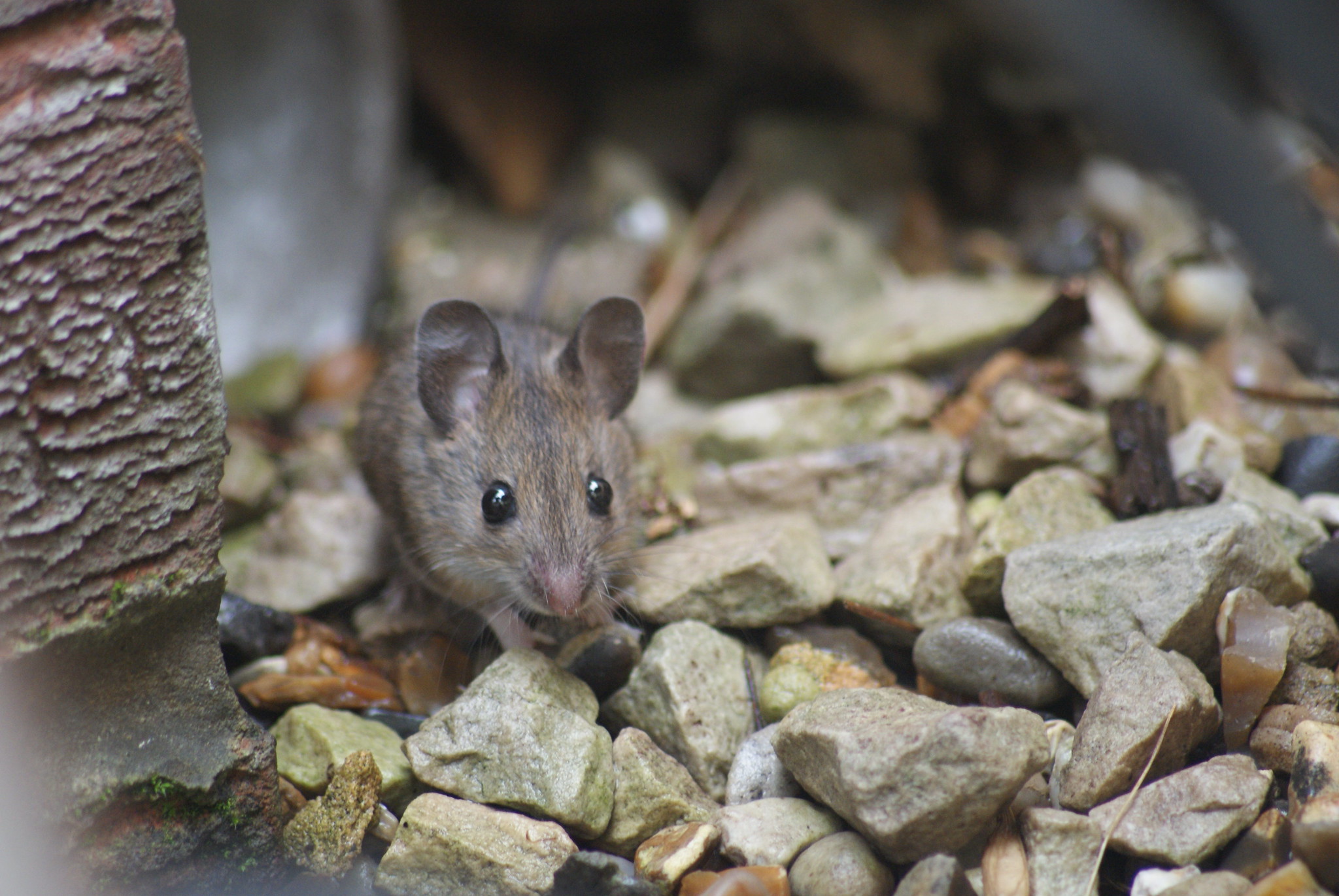
The Times reports more than a century ago Charles Darwin broached the idea that animals could display emotions as plainly as people do. The notion has been controversial. Does a hang-dog expression really show that a canine is ashamed? Will a cockatoo in a state of ennui look crestfallen? Researchers have offered support for Darwin’s proposal by training a computer to decipher expressions in mice.
In a paper published in Science, they showed that the countenance of a mouse can be read like that of a human. Mice grimace in pain and look forlorn when nauseous. It is also possible to tell if they are afraid or delighted.
Nadine Gogolla of the Max Planck Institute of Neurobiology, who led the study, said: “A happy mouse tends to move every part of their face towards the stimulus, towards the front. Their face looks almost a bit squished. Their ears lay down and point forward; their nose moves towards the mouth. And they stick their tongue out and smack their lips.”
Photo by Fenners1984 under creative commons.

